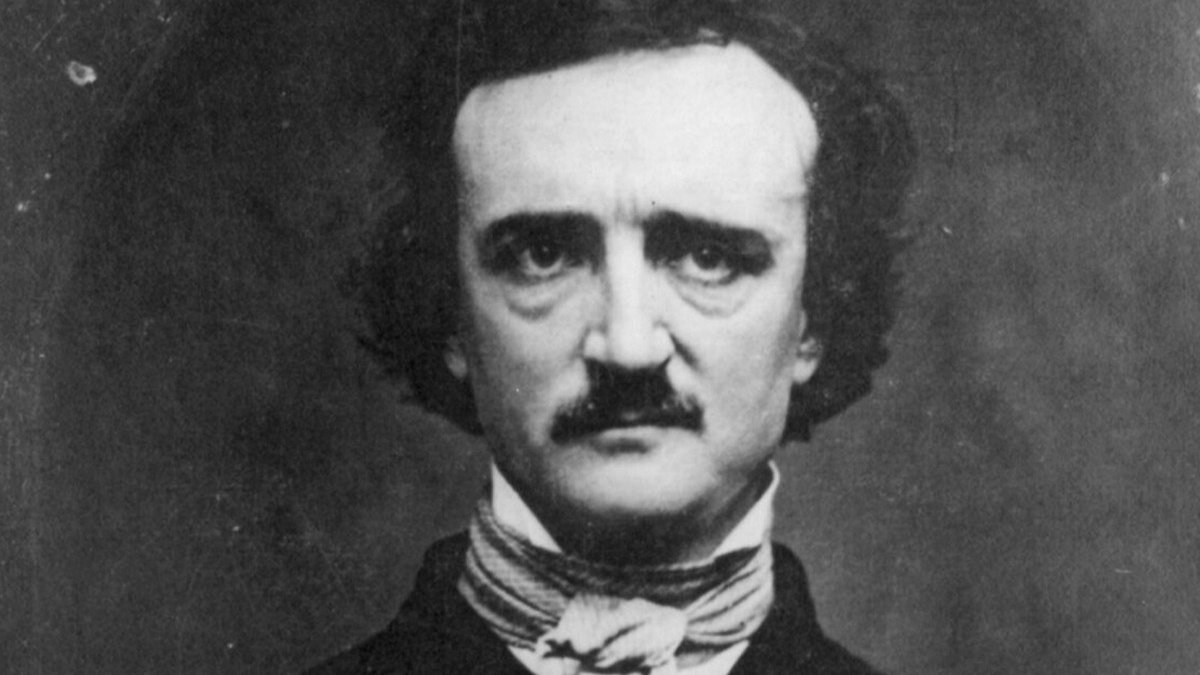IELTS017 英语学习笔记
口语
过去进行时与过去时
-
I was sleeping when the phone rang.
-
过去进行时用于描述在一定时间内持续进行且持续时间较长的事件;
- 过去进行时还用于讨论 临时的行为和情况
-
一般过去时则用于描述中断前者的持续时间较短的行为。
- 已经完成的行为或过程
-
She took lots of photos while she was travelling around Europe.
-
I had a great idea while I was having a shower. 我洗澡时想到了一个好主意。
谈论健身
- to get in shape 减肥塑身、恢复体型
- I want to get back in shape before my beach holiday. 我想在去海边度假前恢复体型。
- If I want to get fit, I should probably join a gym.
- I’d like to get a gym membership for one month, just to try it out. 我想在健身房买一个月的会员,先试试看。
- You need to sign up for this yoga class at least 24 hours in advance. 你至少需要提前 24 小时才能报上这个瑜伽班。
- My gym’s personal trainer helped me set a workout plan. 我健身房的私人教练帮助我制定了锻炼计划。
- Running a marathon is a major challenge. 跑马拉松是一项重大挑战。
- to lift weights
- My fitness goal is to lift weights until I can lift 100kg. 我的健身目标是举重,直到我能举起 100 公斤为止。
- I need to do cardio to keep my heart healthy, but I hate running and cycling. Luckily I love to dance. 我需要通过做 有氧运动 让心脏保持健康,但我讨厌跑步和骑自行车。幸运的是,我喜欢跳舞。
- to train for an event 为参加一项活动而进行训练
- I’m training for the Brisbane marathon this year. 我正在为参加今年的布里斯班马拉松比赛而进行训练。
- I’m so sore after my workout, I’m going to rest today! 锻炼完以后我酸疼死了,我今天要休息!
新概念 2 L18 He often does this! 他经常干这种事
词汇
-
pub n. 小酒店
- hotel
- a public house
- pub meal
- pub landlord 酒馆店主
- pub landlady
-
landlord n. 店主
- lord n. 君主,王
-
bill n. 纸币
- banknote n. 纸币
- 账单
- telephone bill
- gas bill
- heating bill
- electricity bill
- pay the bill
-
have / have got
- have(美式) = have got(英式) 有
- I have blue eyes.
- I have got blue eyes.
- I’ve got blue eyes.(简写)
- He/She/It has blue eyes.
- He/She/It has got blue eyes.
- He/She/It 's got blue eyes.
- I don’t have a house. = I haven’t got a house.
- We don’t have a car. = We haven’t a car.
- Do you have a dog? = Have you got a dog?
- How much money do you have? = Have much money have we got?
- What kind of car does Julia have? = Waht kind of car has Julia got?
- don’t have to do = haven’t got to do
原文
After I had had lunch at a village pub, I looked for my bag. I had left it on a chair beside the door and now it wasn’t there! As I was looking for it, the landlord came in.
‘Did you have a good meal?’he asked.
‘Yes, thank you, ’I answered, ‘but I can’t pay the bill . I haven’t got my bag. ’
The landlord smiled and immediately went out. In a few minutes he returned with my bag and gave it back to me.
‘I’m very sorry, ’he said. ‘My dog had taken it into the garden. He often does this!’
参考译文:
我在一家乡村小酒店吃过午饭后,就找我的提包。我曾把它放在门边的椅子上,可这会儿不见了!当我正在寻找时,酒店老板走了进来。
“您吃得好吗?”他问。
“很好,谢谢。”我回答,“但我付不了帐,我的提包没有了。”
酒店老板笑了笑,马上走了出去。一会儿工夫他拿着我的提包回来了,把它还给了我。
“实在抱歉,”他说,“我的狗把它弄到花园里去了,他常干这种事!”
-
have - had - had
-
after 后可以用过去完成时,也可以用过去时:
- After we had found / found a hotel, we went out.(after 已经表明了先后顺序)
- before 同理
- My mother left before I arrived.(这里 arrive 不能用过去完成时)
- I saw / had seen her a few times before she died.
- when 无法指出先后顺序,所以仍然按语境使用过去完成时
-
leave
- 离开 leave A for B
- 留下,落下 leave sb. sth / leave sth. with sb.
- I left my wallet on the bus.
- I left my homework at my home.
- I left my umbrella at school.
-
now 引起注意,这里如果翻译成「现在」,那么时态就有问题
- No cheating, now.
- Now be quiet and listen to me.
-
Bring me the bill please?
- Could I have the bill?
-
return vi / vt.
- 返回 vi.
- I return to my house at 5 every.
- 归还 vt.
- I will return the book to you tomorrow.
return sb. sth
return sth to sb.
- I will return the book to you tomorrow.
- 返回 vi.
-
道歉:
- I’m sorry. / excuse me.
- I’m terribly/so sorry.
- 回答:
- That’s OK. Don’t worry.
- No problem.
- Never mind. It doesn’t matter.









